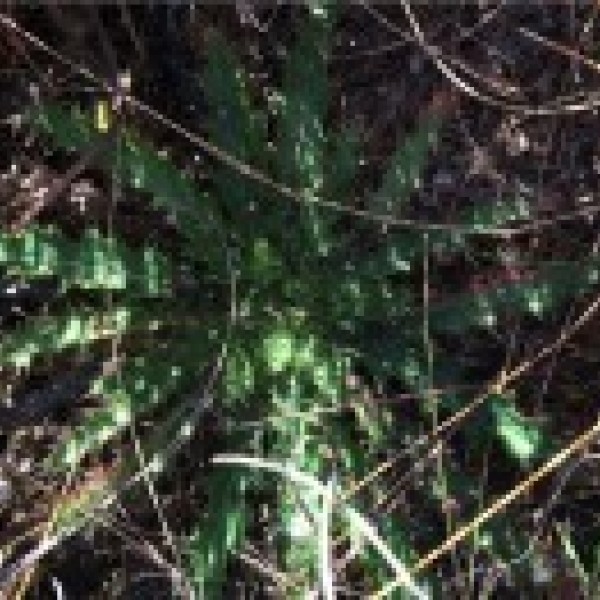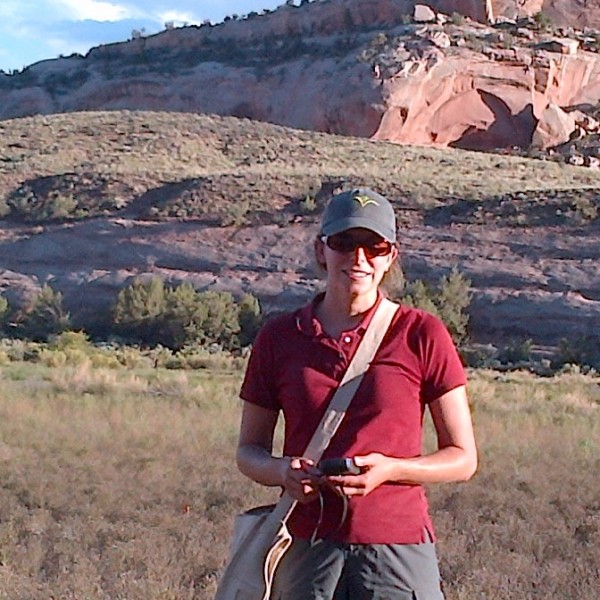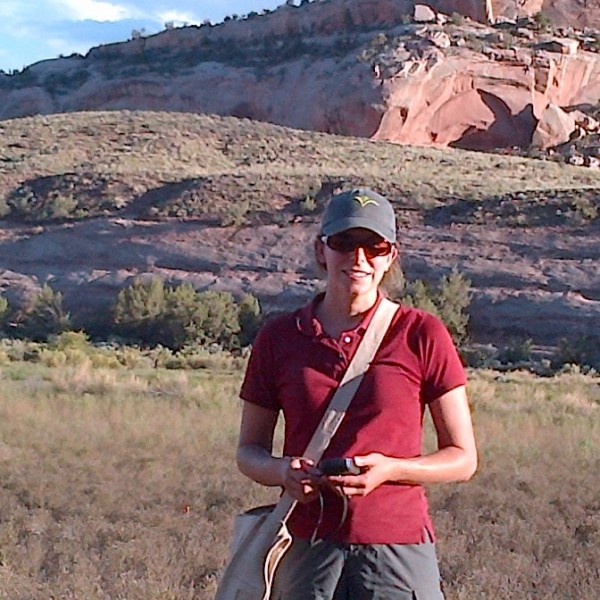
Developing genetically appropriate seed mixes of vulnerable plant species for restoration 2015
Chicago Botanic Garden; possibly sites in the Midwest
Ecology, Genetics, GIS, Population Biology, Reproductive Biology
Vulnerable plant species, which are often classified as rare or endangered in certain parts of their ranges, are unique in that they are neither common, nor highly threatened with extinction. However, local populations are often small and fragmented, which makes them ideal candidates for restoration. Threatened by climate change, habitat destruction, limited gene flow between fragmented populations, and competition with other species for resources, these species often suffer from a number of biological and genetic constraints on their reproduction. These include susceptibility to disturbance, limited pollinator visitation, inbreeding depression, and low seed set. Consequently, the availability of genetically viable and site-appropriate seeds is often limited, and for this reason, vulnerable taxa are often excluded from restoration mixes. This internship will use a combination of field and lab-based methods to address this problem by studying the distribution, demography, and genetics of a vulnerable plant species (Cirsium hillii, Hill’s thistle) native to Midwestern gravel hill prairies. By working with collaborators at government and conservation organizations, this research will have a direct application to developing genetically-appropriate restoration seed mixes for the restoration of this species and others like it.



